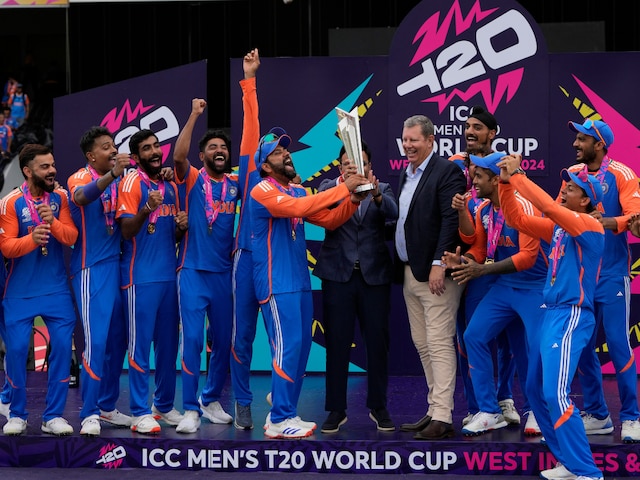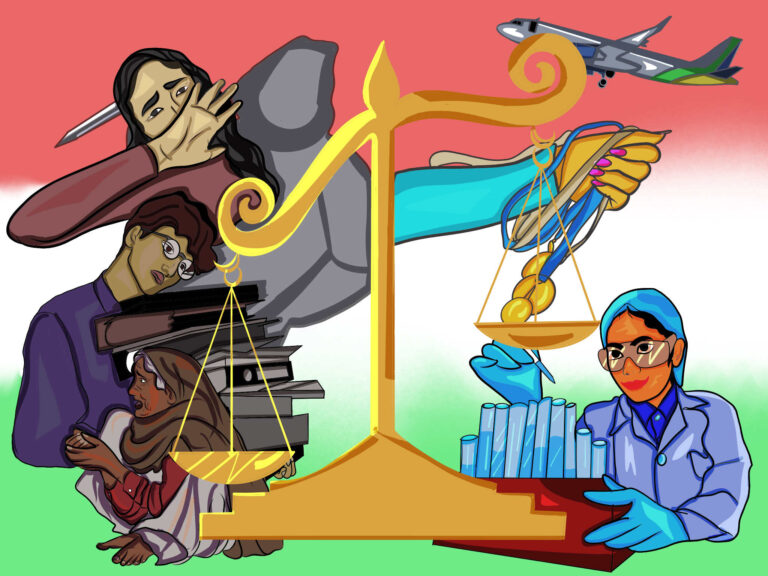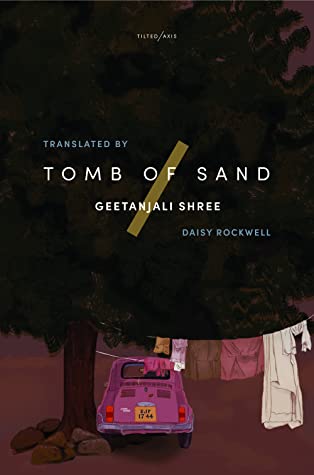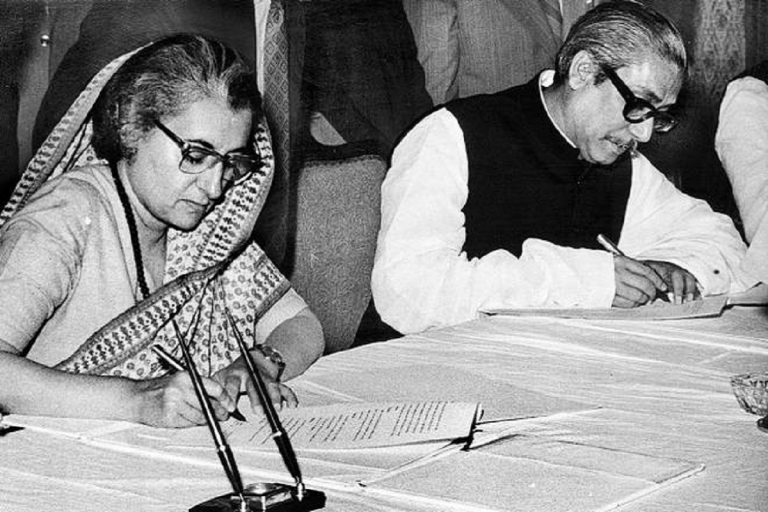22 yards, 11 on the field but a billion dreams!
Dr. Jayan Philip is a Contributing Writer at The ArmChair Journal. His career as an educator spans over three decades, encompassing roles both in India and abroad. His passion for knowledge dissemination extends beyond traditional teaching to include extensive experience as a quiz master. His two forthcoming books are The Indomitable Gandhi, The Indefatigable Gandhi and Quintessentially Quizzical. He believes that through an understanding of history, individuals can gain valuable insights into both the triumphs and tribulations of the past, thereby enhancing their ability to make informed decisions and cultivate critical thinking skills in the present day.
Memories don’t fade easily; certain moments remain etched in the minds of those who witness history or live to tell the tales of the brave who persevered while others watched and waited for the outcome. On Tuesdays and Fridays, we boys would sprint to the dining hall since chapatis and beef curry were the most sought-after. One such moment was during an evening study session in 1983 at the Stanley Jones Hostel of St. Thomas Residential School, Trivandrum. It was Trivandrum and Kerala then but Thiruvananthapuram and Keralam now. None of us were interested in reviewing chapters or concepts or completing the assignments; instead, we were captivated by the Prudential Cup final between India and the West Indies, being played at Lords. I was one of the 9th graders among the hundred or so boys from the four schoolhouses- Green, Blue, Yellow and Violet who ran, with slippers in hand, to the auditorium to watch the live broadcast on a small black-and-white TV. We were usually told to always be in a line, but the lines were broken not our hearts as we were expecting the unexpected- an Indian victory at Lords and being crowned as the World Champions.
Times may change, and names may vary, but memories endure. History resonates not only in official records but also in people’s collective consciousness across nations. We wanted to sit closer to the small screen as images flashed by with claps and shouts getting louder as the West Indies wickets began to tumble. Typically, we would be cautious of the girls sitting in the opposite corner, but that evening we were all glued to the screen as the Indian team edged closer to victory, ultimately being crowned the new World Champions of Cricket. As soon as the bell went to the last period, we assembled at pace to imitate the pace bowlers and the batters of the day. The Indians achieved what no one dared to imagine, contemplate or procrastinate that day. The juggernauts were beaten by the dark houses! Kapil Dev lifted the ODI World Cup on 25th June 1983 and Rohit Sharma had the ICC T-20 WC on the 29th June this year, a few months after India lost the ODI WC finals to Australia.
The West Indies (WI) lineup was extraordinary, including the legendary Vivian Richards and Clive Lloyd leading from the front. The pace battery of Malcolm Marshall, Andy Roberts and Joel Garner was lethal and furious to any batting side. Behind the stumps was Jeff Dujon for WI and Syed Kirmani for India. Kapil Dev’s side faced a daunting task on D-Day but never gave up and rose in confidence with each ball being bowled. The Indians had Sunil Gavaskar and Kris Sreekanth as openers and Madal Lal, Roger Binny, Yashpal Sharma, Sandeep Patil, Balwinder Singh Sandhu, Mohinder Amarnath and Kirti Azad. ODI is diametrically opposite to T-20 where each bowler is allowed only 4 overs unlike 10.
The T-20 victory in 2007 was under the leadership of the then long-haired spearhead MS Dhoni, and the win in 2024 against South Africa was under the hitman Rohit Sharma. Rohit was a member of the team in 2007 too. The 183 runs scored in 1983 was not a cliffhanger but the chase of 176 on 29th June was. India won by 43 runs in London and by 7 in Barbados. It was virtually a South African take off to a perfect landing, but the two crucial or critical factors according to me that turned the tide in India’s favour were the dismissal of Klassen and the SKY catch. Surya Kumar Yadav (SKY) was airborne but his legs descended easily and precisely within the boundary line. It was a perfect SKY landing below the Barbados skies! Henrich Klassen was classic and spontaneous at the same time with his bat doing the talking. The Klassen blitzkrieg was stopped by Pandya in his first ball that sent Indians across the world to ecstasy and the South Africans to despondency. Still, victory was in sight but not certain for both the gladiators of the cricket arena.
In the eighties, television was a luxury in India, not the necessity it is today. Millions around the globe watched the T-20 spectacle in Barbados on their screens, a testament to cricket’s universal appeal. The action unfolds within the 22 yards, where the 11 players make or break the run chase. The two batters running in opposite directions resemble high-speed trains on parallel tracks, moving with precision to reach their destination on time. The key difference is that the batters’ runs can be interrupted by the 11 players on the opposing team, dressed in different coloured jerseys. In cricket, it’s the runs that count, just as goals matter in football, baskets in basketball, time or distance in Athletics or punches in boxing.
India’s victory last Saturday evening came in after two heartbreaking losses in the World Test Championship finals and the ODI World Cup final loss in 2023 to Australia, 17 years after winning the first T-20 World Cup and 13 years after winning the second ODI World Cup.
A miscue from Misbah-Ul Haq off Joginder Singh in 2007 landed in the safe hands of Sreesanth and the first T-20 WC was India’s. This did not happen in 2024 as 9 runs were required in the last ball and the Indian victory was by a margin of 7 runs. It all came down to a legitimate delivery which would win the game and the World Cup. India also added another feather to its cap- the highest total in a T-20 WC final (176/7 vs South Africa).
There are striking similarities not contrasts between the 2024 and 2007 T-20 victories.
In both final matches, the openers scored the highest runs. Gambhir scored 75 and Virat 76 runs. Rohit Sharma who came down at 6 scored an explosive 30 off 16 balls in South Africa(Johannesburg) while Shivam Dube coming in at no.6 hit a quickfire 27 off 16 against South Africa in Barbados. Two left-handed batters played a crucial or decisive role – Gautam Gambhir and Axar Patel in 2007 and 2024 respectively. India took four wickets in the last five overs in 2007 and 2024. The last wicket to fall was by a catch in both the victories. Misbah Ul Haq taken by Sreeshanth and Rabada taken by Surya Kumar Yadav.
The three stars on top of the BCCI logo embossed on the blue jerseys will now have the fourth one representing the four ICC World Cups which India had won in 1983, 2007,2011 and 2024 respectively. The four victories were remarkably different as the skill sets brought in by the players were quite different and varied considering the change of rules and the fast-paced nature of T-20s different from the ODIs.
Cricket is not just a sport but a source of entertainment in many countries, sparking nationalistic passions and intense sporting rivalries. The pressures and behind-the-scenes tactics involved can be both fair and ruthless, as the outcome validates the process and the effort. This duality can lead to ecstasy for the victors and agony for the defeated. Such is the nature of sports in a competitive, ambitious world where success often dictates the narrative. Sports do build momentum, uniting millions together despite differences in ideologies, linguistic barriers, cultural distinctions, religious differences, and diverse backgrounds.
The upcoming 2026 T-20 World Cup, co-hosted by India and Sri Lanka, will notably miss the presence of Rohit Sharma, Virat Kohli, and Ravindra Jadeja. However, our focus should also extend to preparing for the 2028 Olympics in Los Angeles, where cricket will make its comeback since the 1900 Paris Olympics. Can we envision the Indian national anthem playing at the medal ceremony? Let’s remain hopeful and keep our prayers alive for that moment!
Sara Jahan Se Acha, Hindustan Hamara.
References
- IND vs WI Cricket Scorecard, Final at London, June 25, 1983. (n.d.). Espncricinfo. Retrieved July 03, 2024 from https://www.espncricinfo.com/series/prudential-world-cup-1983-60832/india-vs-west-indies-final-65090/full-scorecard.
- India vs Pakistan, Final, Sep 24, ICC World T20, 2007. (n.d.). Cricbuzz. Retrieved July 03, 2024, from https://www.cricbuzz.com/cricket-scores/3687/ind-vs-pak-final-icc-world-t20-2007








